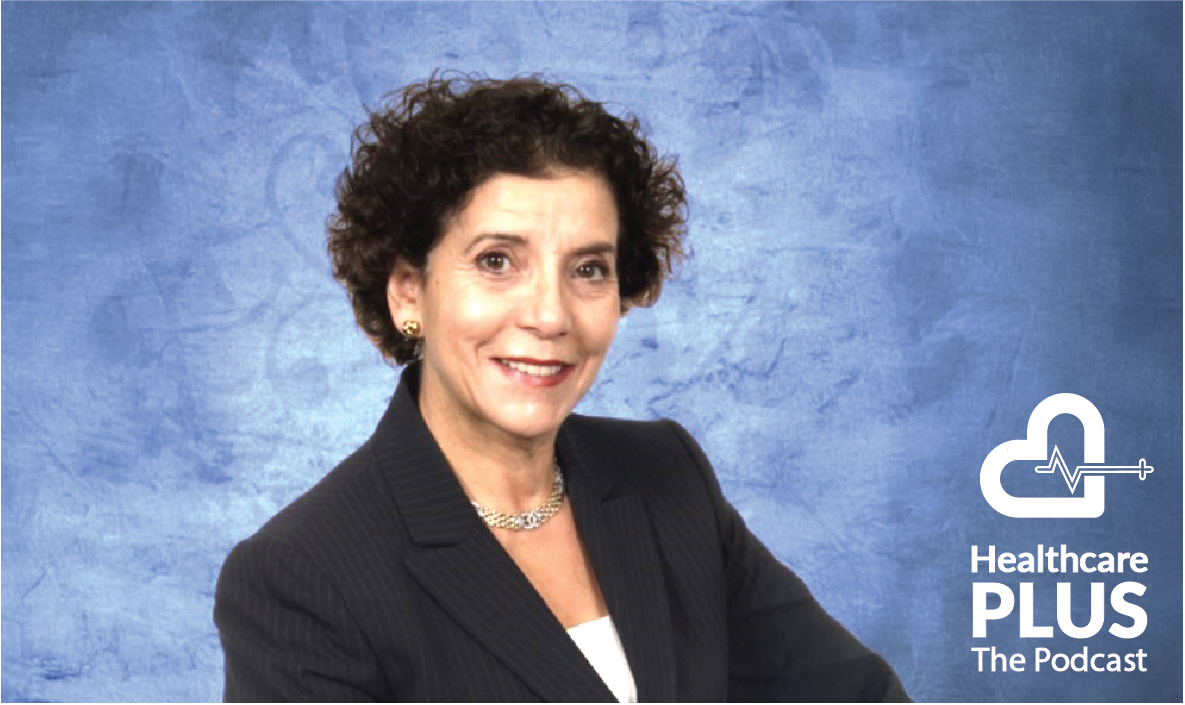Developing tomorrow’s healthcare leaders is vital. The sooner we can lure the best talent into healthcare administration, learn what drives them, develop and mentor them, and create cultures that help them thrive, the healthier our organizations and our entire industry will be.
In a recent podcast interview, Dan Collard discussed this topic with Céu Cirne-Neves, MPA, FACHE, who has over 25 years’ experience as a healthcare executive and currently serves as a faculty member in the undergraduate and graduate health administration programs at Rutgers University. Here, excerpted from and inspired by the interview are Cirne-Neves insights on how to recruit, support, and develop students in this field.
Help students uncover their calling early. At Rutgers, Cirne-Neves has launched an effort to pull undergraduates into healthcare administration instead of waiting for them to find it later in their studies. Inspired by Quint Studer’s book The Calling, she has designed a first-year seminar that allows freshmen to explore the field.
“I feel health care is more than a job,” she says. “I feel health care is a vocation. Quint is right: it is a calling. So, I really built the course around this book.”
Step up to mentor them. Today’s students have unprecedented access to information and resources—but they still need to learn from our experience. Cirne-Neves notices that emerging leaders are seeking out health mentors early in their careers. She is encouraged that numerous leaders are eager to step up as advisors, sponsors, and even adjunct faculty. (She attributes her own rapid rise in senior leadership positions to the presence of willing high-level mentors.)
Help students identify opportunities and grow into their goals. Today’s students are specific regarding what they want out of their careers. Many have their three and five-year plans—and beyond—in writing. They are looking for opportunities that either fit their goals or that they can change to fit their goals. We can help them identify the competencies and resources they will need to continue growing in their trajectories.
Give them real-world experience. MHA students at Rutgers complete a professional practicum in a host organization. Cirne-Neves has 28 students this semester. Each of them is in the field in a host organization assigned to a preceptor working on a performance improvement opportunity, the capstone project, which they then must present to faculty and preceptors at the end.
Not only does this develop their skills; many eventually receive a job offer she notes: “An offer shows that students are in the right field, in the right frame of mind, contributing at the right level already, even when they’re not finished with that MHA, they are already being recognized and being an asset to that organization.
Stand by for the joy. The more we give to tomorrow’s leaders, the more we get back*. “*What brings me the most joy is when doing their practicum, the student gets a job offer,” says Cirne-Neves. I’m like a proud mom behind the scenes. I’m also very encouraged when students stay with me post their MHA graduation, where I remain their mentor. Those are the things that bring me the most reward, that the students see value in what I have to say and what I have to offer.”
The content above is excerpted from Emerging Healthcare Leaders: Recruiting, Supporting and Developing Young People who Want to Make A Difference with Ceu Cirne-Neves. Click here to listen!






